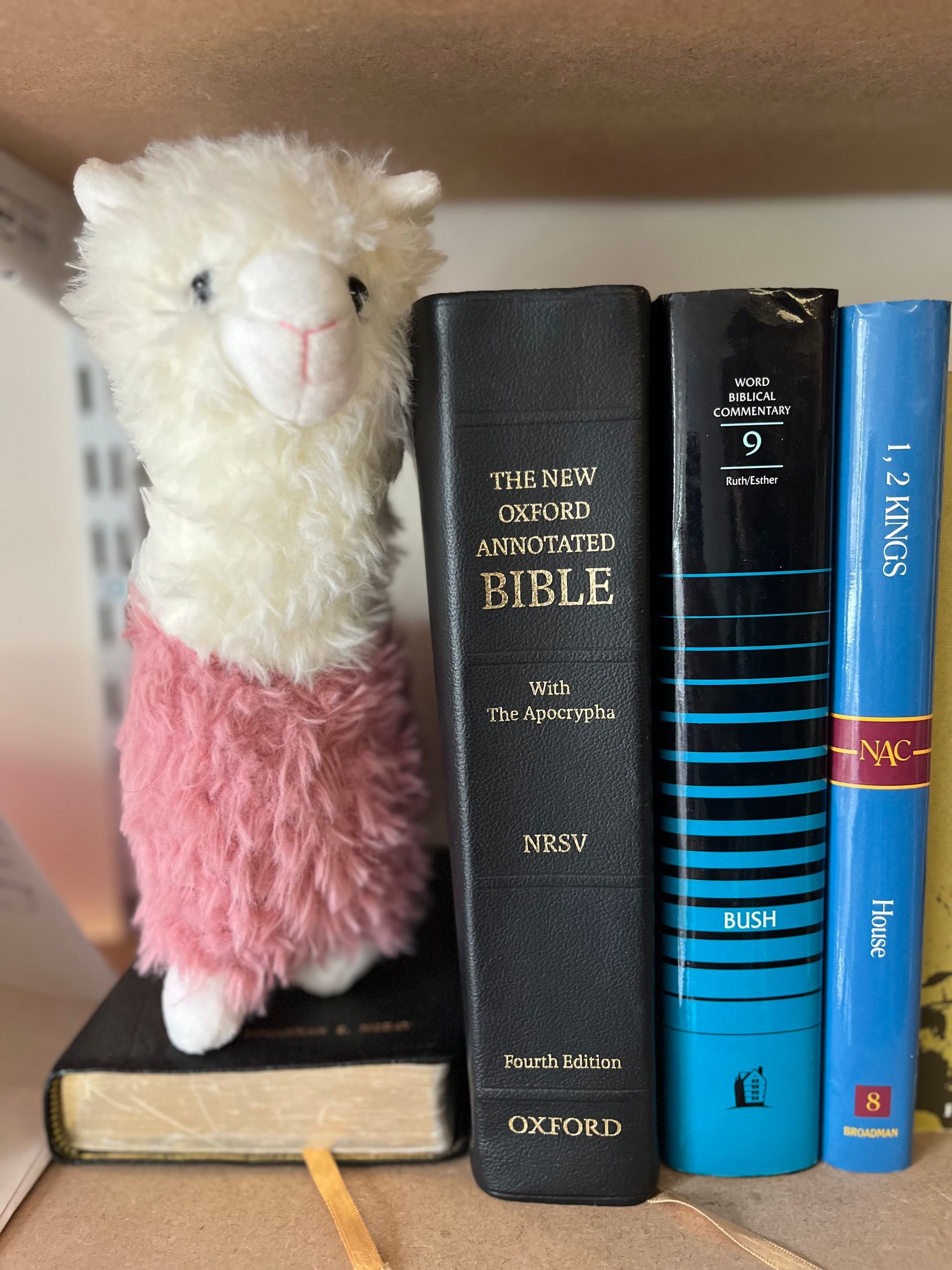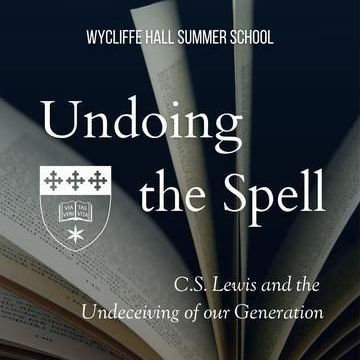I want to start this morning with a question:
if the world looked at your character today, would they want to worship your God?
If an inquiring mind and open spirit who was looking for answers to life’s deepest questions got to know you, what would they see? If they saw how you react first thing in the morning after you woke up and before the first cup of tea or coffee of the day. Or when you have to wait for a family member or housemate to vacate the bathroom? How you act on the school run, deal with traffic, manage your workload or when you start to get tired or hungry?
If a curious onlooker saw your responses to life’s daily tests: would it draw them near to your God? Or would it be same old thing they always see in themselves, their neighbours and the world around them?
That is more-or-less the idea Paul is getting at here in Philippians 2. In v.14-15 he says:
"Do all things without murmuring and arguing, so that you may be blameless and innocent, children of God without blemish in the midst of a crooked and perverse generation, in which you shine like stars in the world."
***
If you want to find the foremost grumblers in the Bible, you don't need to look very long. They're there right in the second book of the Bible: the Israelites in the wilderness after being delivered from slavery in Egypt. Looking through the the biblical tradition, the Israelites didn't have a great reputation. They are primarily remembered as grumblers. Complainers. In popular culture we might hear the phrase ‘toxic positivity’ - well, the Israelites in the wilderness were the opposite. Theirs was a ‘toxic negativity.’
And toxic it was. Not only were they remembered for it, but their complaining is, in later biblical texts, associated with them as a
rebellious
people.
Disobedient.
Sinful. So much so Deuteronomy 32 condemns them as a crooked and perverse generation. Not blameless: but guilty.
Grumbling might seem superficially insignificant—for the Brits in the room it might feel like a national sport—but
in truth it reveals some serious spiritual sickness.
And Paul doesn’t just say don’t complain sometimes. No, in
all
things: not just at work, but at home too. Not just at home, but also on the sports field. Or—and this is a bit of a confession here—when waiting for the reliably late S3 Stagecoach bus service from the Woodstock Rd to The Paddocks in Yarnton.
Do all things without complaining.
***
In my adult life I have spent a total of 7 years as a student in fulltime theological education. In the course of every one of those seven years if someone had asked me what’s the best thing about theological college, I would have said without hesitation: "The community."
But, if they had also asked the opposite question, what’s the
worst
thing about theological college? I would have also answered: "The community."
It’s only Thursday of 0th week of Michaelmas Term. We are a new community—new students and old—finding out feet. Hopefully, most of us are still in the honeymoon phase and aren’t yet at the hard work part; but it will undoubtedly hit at some point.
So what we do when we get there?
When we hit the first frustrations of the year? When the timetable seems just too full, deadlines seem far too close, we get riled by a conversation over lunch and then come to chapel to find we are worshiping in a style that we just don't like?
What are we to do?
***
***
It’s really important to know the difference between frustration and grumbling. Frustration is lighting a match. Grumbling is throwing it on a pile of a kindling.
If we don’t know the difference, we end up responding to the irks of life in a way that makes us like any other. We nurse them. We start telling ourselves a story about what the irritation really means.
We start assessing motives and interpret what's happened. We make it personal, about us.
Frustration
turns into
indignation
which turns into
anger
which turns into
self-righteouesness.
But when we do know the difference, we acknowledge the frustration, but put the brakes on before it becomes griping and before we get carried away with our version of events? Then, by God’s grace,
the frustration becomes our teacher.
For it invites us to turn our attention inward and ask the question: what am I afraid of here? Why am I so angry? Or upset? Why am I reacting as I am? And where do I need God’s grace in this moment? What was an opportunity for temptation to sin, to rebelliousness and disobedience, thus becomes God’s means of redeeming us, building us up in our faith and teaching us to trust Him.
Why?
So that we might become blameless and innocent, and shine brightly like stars in the sky.
******




